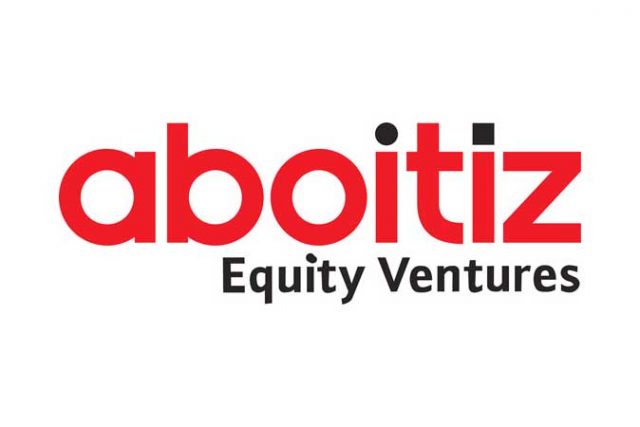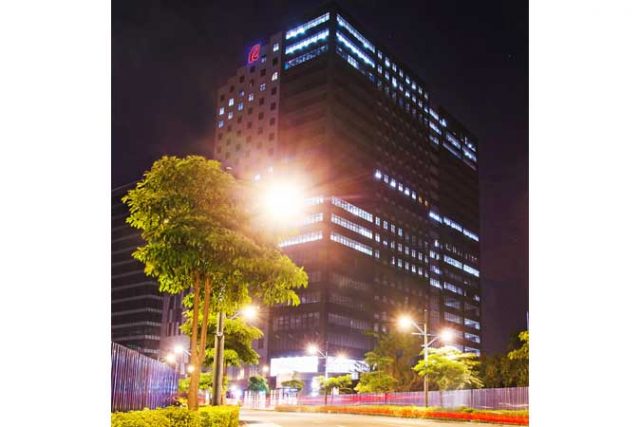THE CREATORS of South Park have signed a new deal with ViacomCBS, Inc. that will pay them more than $900 million over the next six years, one of the richest deals in TV history.
Trey Parker and Matt Stone will use the money to make new episodes of South Park for Viacom’s Comedy Central network and to create several spinoff movies for the company’s Paramount+ streaming service, the parties said Thursday. Their first project under the new deal will be a movie set in the world of South Park that will debut some time before the end of the year.
The deal with Mr. Parker and Mr. Stone is the clearest sign yet of ViacomCBS’s growing commitment to Paramount+. The streaming service trails the likes of Netflix and Disney+, but has added millions of subscribers since it rebranded in March. ViacomCBS is looking to the addition of South Park movies to accelerate its growth. The series remains the most popular TV show on Comedy Central.
Chris McCarthy, president and chief executive officer of the MTV Entertainment Group, approached Mr. Parker and Mr. Stone about extending their deal with Comedy Central and getting some South Park programming that would be exclusive to Paramount+. The company’s current strategy is to use its biggest hits on cable to lure customers to its streaming services. Earlier this year, Mr. McCarthy signed a new deal with Taylor Sheridan, the creator of the hit cable show Yellowstone, to create a spinoff show that will stream on Paramount+.
At the end of June, ViacomCBS had more than 42 million subscribers across its streaming services, which include Paramount+, BET+, and Showtime.
As giant media and technology companies compete in the streaming wars, the value of franchises like South Park has soared to record heights. Few, if any, production teams have managed to capitalize on the changes in the home entertainment landscape better than Mr. Parker and Mr. Stone, who own 50% of all online rights to the show.
Their new deal, which runs through 2027, covers six more cycles of South Park and includes 14 made-for-streaming movies.
“We did a South Park movie in 1999, and we’ve never done another one because the show has been so satisfying,” Mr. Stone said in an interview from his home in New York. “Now we’re older, and the idea of what streaming movies can be is pretty promising.”
When Mr. Parker and Mr. Stone first created South Park based on a short film they made in college, they were nervous that nobody would watch — or, alternately, that they’d be run out of town due to its outlandish humor. But the show, which debuted in 1997, was an instant hit, delivering millions of viewers and putting Comedy Central on the map. By the third season, they had stopped getting any notes from the network on how to improve it. “We do whatever we want, and they are pretty supportive of it,” Mr. Stone said. “We’re the luckiest guys in TV in that way.”
South Park has now been on the air for 24 years, making it one of the longest-running series in TV history, outliving every program on Comedy Central except for The Daily Show. Along the way, Mr. Parker and Mr. Stone have maintained the quality of the series, not to mention their sanity, in part, by sticking to a schedule. They only make between six to 10 episodes a year. Each season is produced over the course of a few months in Los Angeles.
The onset of the pandemic upended their routine. Last year, Mr. Parker and Mr. Stone didn’t produce a new season of South Park. They did manage to produce a pair of specials, which inspired them to think through some bigger ideas for South Park. They hadn’t made a movie since 2004’s Team America: World Police. But what if they made a bunch of longer-form South Park episodes?
Mr. Stone is reluctant to use the phrase “cinematic universe,” a term worn thin by Marvel and its many imitators. But, in many ways, that is what Mr. Parker and Mr. Stone are now creating. The coming Paramount+ movies will expand on the existing world of South Park and introduce new concepts and characters.
Both men have always seen themselves as part independent filmmakers, part entrepreneurs. Early on, they were quick to recognize the power of the internet. While negotiating a new deal with Viacom in 2007, they both proposed creating a website where fans could watch recent episodes of the show for free. Mr. Stone credits the resulting site, South Park Studios, with keeping their young fan base engaged while also curbing piracy.
As part of that arrangement, negotiated by their long-time lawyer Kevin Morris, Mr. Parker and Mr. Stone secured a 50% stake in all future online deals for the show. Their stake, once worth pennies, is the basis of Park Country, a company which they own outright, that is now valued at more than $1 billion.
Parker and Stone eventually shut down South Park Studios when Viacom licensed the streaming rights for the show to Hulu in an $87.5-million deal. Hulu later reupped that agreement for about $110 million.
In 2018, the streaming rights to South Park once again came up for auction. At the time, Viacom was in the process of merging with CBS, which operated All Access — the streaming service that would later be rebranded as Paramount+. HBO Max swooped in and outbid All Access, offering $500 million over five years.
The deal with HBO Max sent one of Viacom’s most popular shows to one of its fiercest streaming competitors. It also increased the value of the South Park library to a level few shows ever reach.
“That was one of the better things that happened in our financial life,” Mr. Stone said. “We took it to market and established its worth. That’s rarely done right now.”
The team at Park County is now focused on their next big deal overseas. Over the years, Viacom has licensed the rights to South Park to different streaming services in different territories — a hodgepodge of arrangements that currently generates more than $10 million a year in sales. Park County’s chief financial officer, Keith Pizzi, is aiming to consolidate everything in one massive overall deal for the international streaming rights.
Earlier this year, Stone and Parker established a $600 million credit facility with HPS Investment Partners LLC that appraised their library at close to $1 billion, according to people familiar with the terms of the deal. In addition to the movies for Paramount+, Parker and Stone are going to use that money to invest in a wide range of creative endeavors, including a documentary series, a weed company and a 3D video game that is set in the world of South Park.
Mr. Stone and Mr. Parker are also currently building a team of “deep fake artists,” who specialize in creating media in which an image that looks like a real person is inserted into an existing video clip. They have spent the past couple of years working on a “deep fake” movie, one of several films they have in development, including a musical. “South Park pays the bills and then some,” Mr. Stone said. “Trey and I have used that to pay for other stuff we want to do.”
Stone said the long-term plan is to sell their stake in South Park, as well as other assets like The Book of Mormon. In the current frenzied market, such a package would likely fetch a high price. Recently, Reese Witherspoon sold a majority stake in her production company Hello Sunshine to a new firm run by former top Walt Disney Co. executives in a deal valued at about $900 million — without any assets on par with South Park changing hands.
“We’re proud of the fact that years ago we said, ‘Let’s put the show online and build that audience,’” Mr. Stone said. “What a great time to be an independent dealer. This is something we’ve worked on a long time, and life did come our way.” — Bloomberg













